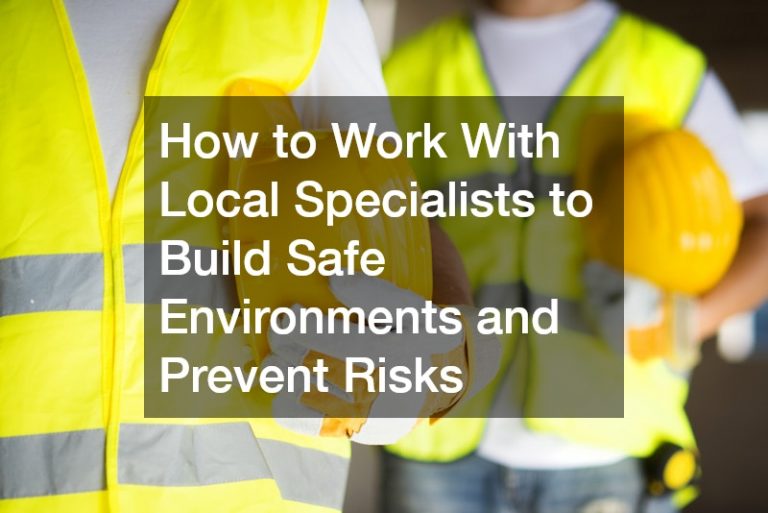- Secure attachment to the primary caregiver is essential for healthy development.
- Quality of social environment, such as poverty and violence exposure, can hurt a child’s physical, social, and emotional development.
- Socialization helps children develop empathy, problem-solving skills, and self-regulation.
- As parents, spend quality time with your child every day and be aware of external influences.
- Encourage independence and provide loving, consistent discipline.
Child development is a complex process that is influenced by many factors. One of the biggest predictors of a child’s development is their social environment. The social environment encompasses many things, from the people and relationships around a child to their physical living conditions. This blog will take a closer look at the impact of the social environment on a child’s development.
Relationships
The first thing that comes to mind when discussing a child’s social environment is their relationships with caregivers. This includes parents, grandparents, siblings, and anyone else who plays a significant role in the child’s life. Secure attachment to a primary caregiver is crucial for healthy development.
Children with a reliable attachment figure are likelier to develop confidence, empathy, and a sense of security. On the other hand, infants who have a disorganized attachment pattern may experience developmental delays or emotional issues. This emphasizes the importance of providing a supportive and nurturing environment for children to grow up in.
Quality of Environment
At the same time, it is important to consider the quality of the environment outside of the child’s immediate family. Factors such as poverty, exposure to violence, and inadequate housing can lead to chronic stress and trauma, which can negatively impact a child’s physical, social, and emotional development.
Children who grow up in poverty are more likely to experience health problems, academic struggles, and mental health issues later in life. Addressing these systemic issues requires a broad approach that involves communities, policymakers, and advocates.
Socialization

Furthermore, socialization is another critical aspect of a child’s social environment. As children grow and enter different social contexts, they learn how to interact with others and form friendships. Socialization helps children develop empathy, problem-solving skills, and self-regulation.
For instance, sending your child to preschool once they are ready can be beneficial for their social and emotional development. Preschool settings provide important opportunities for children to learn how to share, cooperate, and solve conflicts. It also gives them the chance to practice their independence in a safe environment.
Creating a Positive Environment for Your Child
As a parent, you have the power to create a positive environment for your child to grow and thrive. Take time to build secure attachments with your child, ensure that they live in a safe and supportive environment, and provide them with opportunities for socialization.
But how exactly can you create a positive environment for your child? Here are some tips:
Spend quality time with your child every day
Research shows that the amount of time parents spend with their children can significantly impact their development. Whether reading stories together, playing pretend, or doing arts and crafts, connecting with your child will help them learn, grow, and build healthy relationships.
Be aware of external influences
As a parent, it is important that you pay attention to the external influences in your child’s life. This includes who they interact with, what kind of media they are exposed to, and where they spend their time. Keeping an eye on these external influences can help ensure your child is not exposed to inappropriate or harmful content.
Encourage independence
It is essential to give children a chance to practice their independence so that they can learn how to make decisions, solve problems, and develop self-confidence. Help your child feel empowered by providing them with age-appropriate tasks and responsibilities.
Provide loving, consistent discipline

Consistent and loving discipline is one of the most important elements of a positive environment for your child. Establishing clear boundaries, setting expectations, and giving consequences when needed will help your child learn how to make responsible decisions and navigate social situations. Keep in mind that discipline should always be done with love and compassion.
The Bottom Line
In conclusion, a child’s social environment is critical to shaping their development. Relationships with caregivers, exposure to trauma and poverty, socialization with peers, and access to safe physical environments are all factors that play a role. As parents, caregivers, and community members, it is important to work together to create nurturing and supportive environments for children. By doing so, we can help ensure that every child has the opportunity to thrive and reach their full potential.











